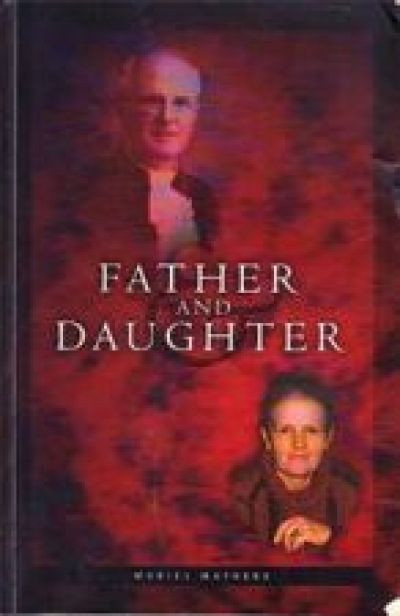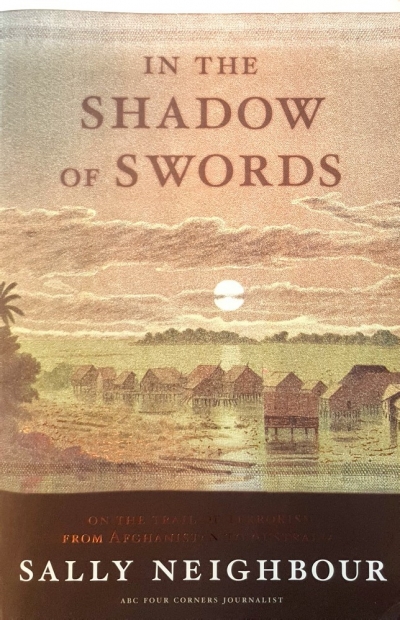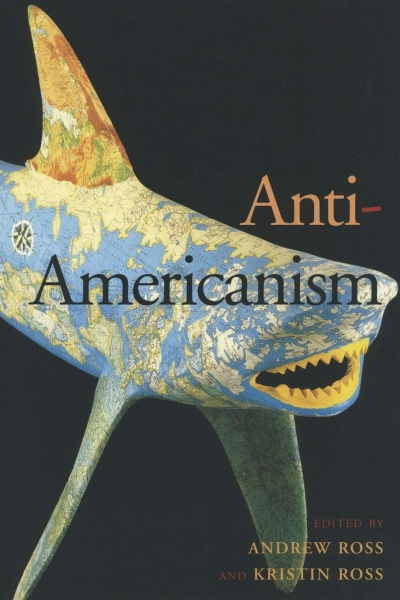Accessibility Tools
- Content scaling 100%
- Font size 100%
- Line height 100%
- Letter spacing 100%
Archive
In the Shadow of Swords: On the trail of terror from Afghanistan to Australia by Sally Neighbour
The Sabi sands reserve borders South Africa’s famed Kruger National Park. I spent a memorable few days in one of Sabi Sands’s private game reserves in January 2002, tracking the ‘big five’ at dawn and dusk, eating fine food, and curling up under my bed’s mosquito net to read J.M. Coetzee. While I was rather discomfited by the obsequiousness of some of the black employees, I knew that tourism was the lifeblood of the community. The events of September 11 had impacted even on Africa, and the lodge was eerily quiet.
... (read more)Torrid noon, I’m high in my mulberry harvest.
So, what is it with this tree? Lower branches, I click
quickly left or right – fingers safebreaker light
on the gorged capsules, and they detach,
drop, thuk and whole into my plastic bucket.
Yet from the tree-peak where the fattest fruit
clusters against the sun, O I must pinch
and wrest until the berries burst like bloodspray.
... (read more)Her hand in mine
she walks looking back
at all the bright colours –
that’s a funny man.
She says what she feels
and teaches me what I thought I used to know.
The warmth of her hand
the sense that she will never let go,
even though her body
is twisting back to examine
a piece of glass with writing on it.
... (read more)Much has been written and muttered about the difficulty of turning scholarship into commercially viable manuscripts and of interesting publishers in academic writing – some of it, indeed, by Tom Griffiths in the March issue of ABR. In his Commentary, Professor Griffiths defended the role of universities in fostering cogent, rigorous writing. (He also produced one of our favourite quotes of the year: ‘Scholarly writers tend to be pathetically grateful to be published.’) Now Picador Australia and the University of Sydney have taken it one step further. In what is claimed to be a ‘world-first commercial non-fiction publishing project’, costing more than $660,000, six writing residencies will be offered for recent doctoral graduates to turn their research dissertations into commercial non-fiction to be published by Picador Australia. The graduates will be mentored by ‘established literary non-fiction writers of the highest calibre’. Drusilla Modjeska, currently an ARC Senior Research Fellow at the University of Sydney, will lead the project, which will also fund an Australian Postgraduate Award, a scholarship for doctoral research into aspects of Australian non-fiction publishing.
... (read more)Last week, escaping the latest blizzard, I went to Miami Beach for some sun. But it was cold and rainy, and they were noisily replacing the carpet in my hotel, so I was reduced to checking my e-mail in an Internet café and getting an expensive facial – truly a case of closing the stable door.
South Beach, as it is known, is widely celebrated for its art deco street and beachscape. This is one of the most colossally successful con jobs of all time. Take an unpretentious tropical beach community, popularised in the 1940s by canny Jewish holidaymakers from the north-east. Throw up a couple of thousand tawdry two- or three-storey shoeboxes with basic amenities: a couple of ceiling fans and no windows. Roll out some chrome cladding and neon. Toss in a bit of applied detail, a few top knots and some frosted glass. Then paint it an improbable pale pink or green or yellow, or some other combination of pastel colours that manage to be both insipid and stubbornly vulgar.
... (read more)Nowadays, we want the truth. Suddenly, it seems, we are no longer content to be sceptical and laconic and sophisticated, or to take the line that there are many kinds of truth and that it all depends on how you look at it, and on who is doing the looking. Politicians and journalists, for example, long assumed by a knowing public to belong to professions that not only display but positively require a flexible approach to the facts, now find themselves being scrutinised and investigated to establish whether or not they have been telling lies. The Blairs – Jayson of The New York Times, and Tony of Her Majesty’s government – cannot, in their recent tribulations, have missed the irony of this dramatic shift. Where once we tolerated, even celebrated, shading and nuance and the need, sometimes, to elaborate and select and even invent in order to arrive at a truth of a kind that told us far more than the mere facts ever would, now we just want to get down to those plain unelaborated facts and to establish what really did happen, or is currently happening, or is about to happen.
... (read more)Harold White joined the staff of the Commonwealth Parliamentary Library as a cadet cataloguer in February 1923, a few weeks after leaving school. It was an important year in the history of the Library. In April the Commonwealth Government purchased at auction the personal journal of James Cook, kept during the voyage of the Endeavour in 1768–71. The journal has always been the most famous item in the Library’s collection. Later that year, the Library Committee adopted the term ‘Commonwealth National Library’ to distinguish the national collections and services from those offered to the Parliament. It remained a hybrid institution until the passing of the 1960 National Library of Australia Act and the opening of the Library building in 1968.
... (read more)


